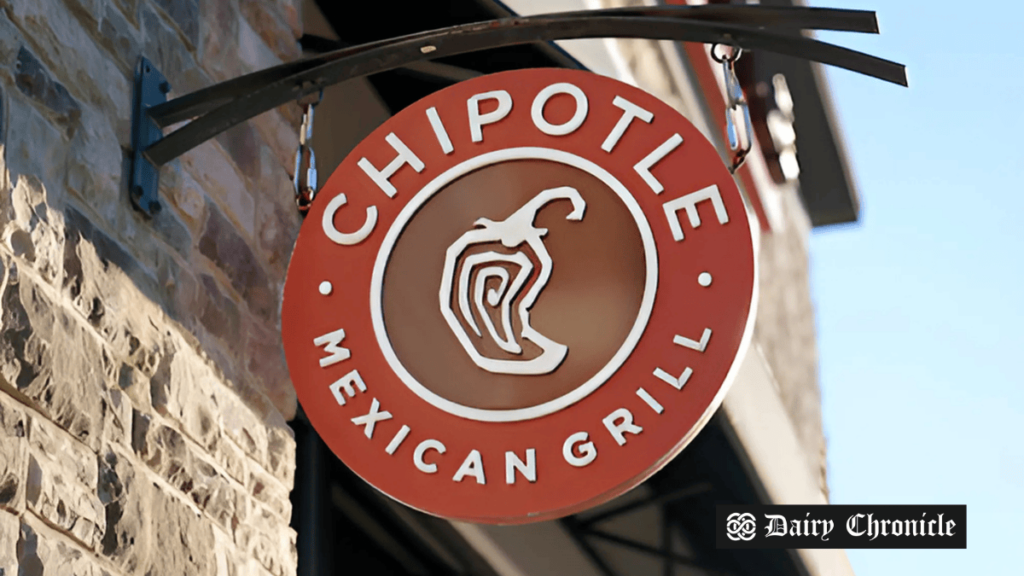Chipotle Mexican Grill has invested in CH4 Global, an Australian startup, to reduce methane emissions from cattle through its Methane Tamer feed additive. This move is part of Chipotle’s broader sustainability efforts, and the investment supports CH4 Global’s expansion to tackle the environmental impact of beef and dairy production.
Chipotle Mexican Grill, the popular American fast-casual restaurant chain, has made a significant investment in CH4 Global, an Australian startup focused on tackling methane emissions from beef and dairy production. This move underscores Chipotle’s commitment to sustainability and reducing the environmental impact of its supply chain.
CH4 Global is the company behind Methane Tamer, a feed additive derived from red seaweed (Asparagopsis), which has shown the ability to reduce enteric methane emissions from cattle by up to 90%. Methane is a potent greenhouse gas emitted by livestock during digestion. The new feed additive aims to help mitigate the harmful effects of cattle farming on the environment.
Based in South Australia, CH4 Global has recently opened what it claims to be the world’s largest commercial facility for growing Asparagopsis in Louth Bay. The facility will ramp up production to supply 45,000 cattle daily by the end of the year. With Chipotle’s backing, CH4 Global is working on expanding the distribution of its product across global markets, including Asia, South America, and North America.
Competitive Landscape
While CH4 Global’s Methane Tamer shows promise, it faces competition from other companies in the methane-reduction space, such as Dsm-Firmenich, which offers Bovaer. Bovaer, an additive based on the chemical 3-nitrooxypropanol, has been shown to reduce methane emissions by 30% for dairy cattle and 45% for beef cattle. Bovaer is already available in over 65 countries and is considered a cost-effective solution, priced at around 26-30 cents per cow per day.
Economic Challenges and Solutions
Despite the potential benefits, the adoption of methane-reducing additives faces economic challenges, particularly for small dairy farms in the U.S., where profit margins are low. To help address these concerns, food brands like Bel Group have been compensating farmers for using Bovaer. Additionally, methane taxes and carbon credits are being explored as financial incentives to encourage wider adoption of these additives. Denmark is already leading the way with plans to introduce a methane tax by 2030, and the U.S. is considering similar policies.
CH4 Global believes that a slight increase in beef prices could make Methane Tamer a viable solution for farmers, with the added opportunity for farmers to offset costs through carbon credit markets. U.S. company Athian has already involved over 150 farms in its carbon credit initiatives, helping to cover some of the expenses associated with using such additives.
While economic hurdles remain, the potential for these additives to transform the industry is substantial. By reducing methane production in cattle, studies suggest that feed requirements could also decrease, leading to cost savings for farmers. However, experts like John Tauzel from the Environmental Defense Fund stress the importance of additional research to build wider acceptance within the agricultural community.
The potential here is significant, and it’s encouraging to see investments from major players like Chipotle.”
John Tauzel
With growing support from both industry leaders and further advancements in methane-reducing technologies, the agricultural sector may soon move toward a more sustainable and environmentally friendly future.
